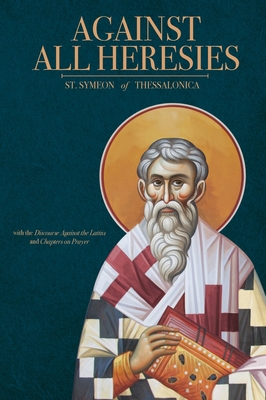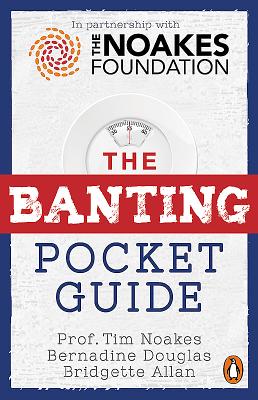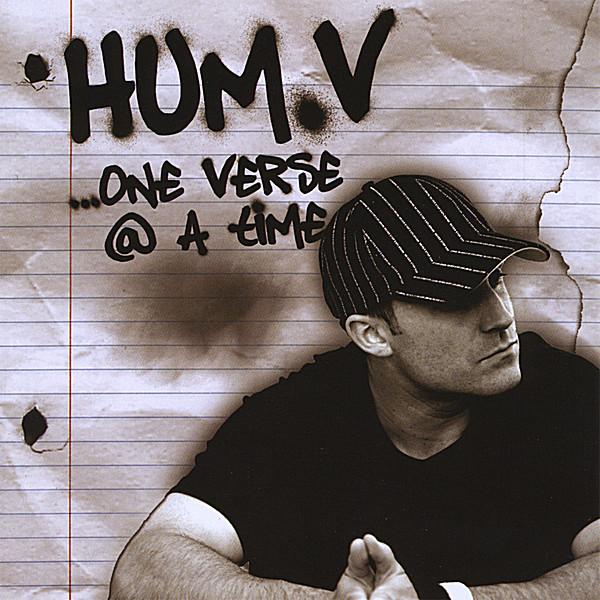
Of Thessalonica, St Symeon
product information
description
er, and the confession of Orthodoxy is more needful for us than everything else, and we must make this confession before all mankind. For this is the foundation of all who believe. On account of this confession Peter was called blessed and was appointed to bear the keys of the kingdom of God. Paul, too, bore the hope of receiving the crown of life, since he kept and preached the faith. Indeed, the whole choir of the saints who did likewise and finished the race well has been glorified. We must also build up our neighbor, as much as we are able. However, we are not required to convince every last person, since neither is it possible to convince everyone. Nevertheless, it must be said that, to the extent that you can, you should do what is in your power, if we are talking about edification. If you build someone up, the benefit both to you and to the one who is benefited by you will be great. But if you are not given this gift, you gain nothing from God for your efforts, for you have simply carried out something of your own. And again, you should take care that you do not take on more than is in your power, lest in attempting to raise one who has fallen, you yourself fall down to his level. For according to the most divine Paul, confessedly great is the mystery of Orthodoxy, and the one who would discourse about it has need of the greatest possible reverence and care in discoursing about it. Such a man should be thoroughly proven and gifted with the grace of teaching, lest, by declaiming on things he knows nothing about, he fall into the net of blasphemies, or the snare of disagreements, or the doctrines of impiety on account of his unorthodox words. For we have known many unstable men who have come to ruin in this way.
- from the prologue to Against All Heresies
member goods
No member items were found under this heading.
Return Policy
All sales are final
Shipping
No special shipping considerations available.
Shipping fees determined at checkout.







